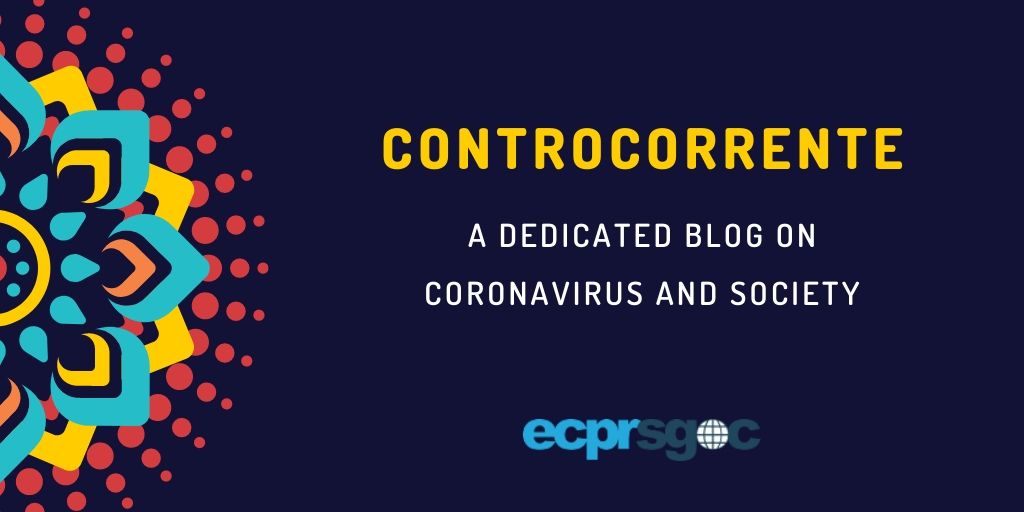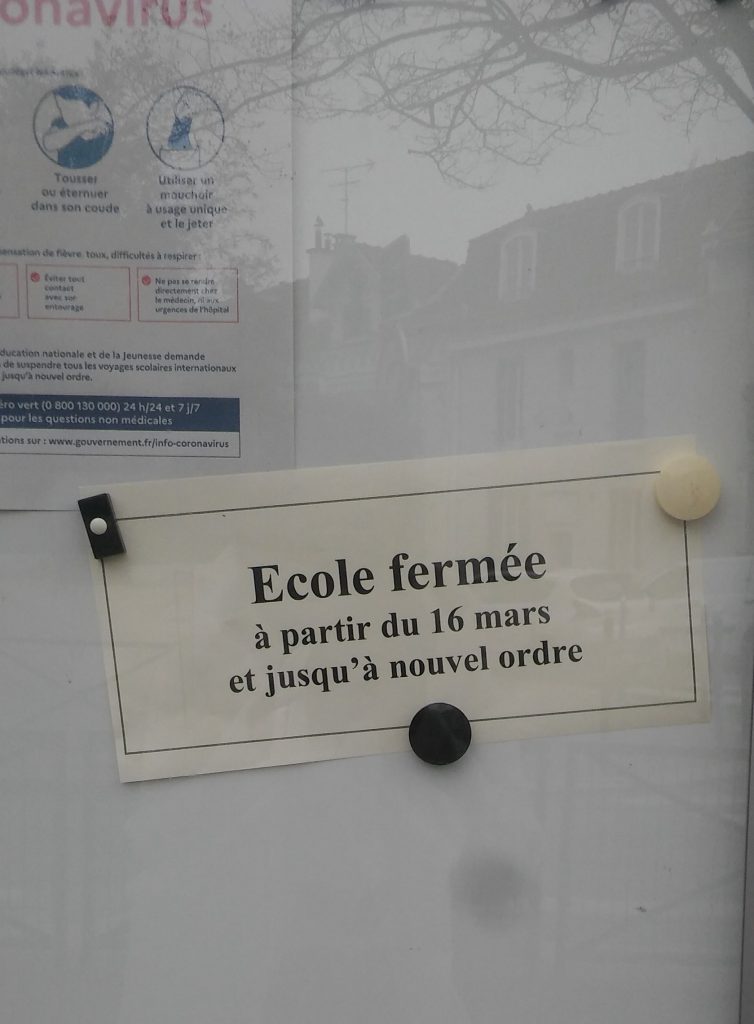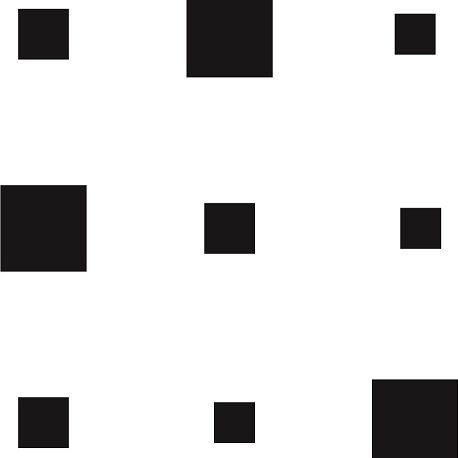
“It was just a flu”, they said?
Deborah Alimi
European Centre for Sociology and Political Science, University Paris I
It is just a flu, they say. We are learning the hard way, it is not. Like exiled at home, when enough fortunate not infected, the world has entered a parallel movie-like era that tests most of its core capacities, values and regime choices. Flipside of our globalized world, Covid-19 outbreaks became the day when being close forces us to stay away, when modern “soldiers” wears white jackets, when all eyes are on those one take for granted the health professionals and researchers at the forefront, all workers supporting our most vital needs…as if it seemed time to clarify what’s the essential and the accessory.
It is just a flu, they say. A “flu” that yet gives our multilateral system a chill. One by one, as the pandemic breaks, European countries ahead, reduced access to their territories. Sovereignty is not an abstract fiction anymore. In the face of urgency, efficiency seems to lie at the level of local and national authorities, whereas the warning of a pandemic could have been sent earlier if all international obligations were fully enforced. Already criticized for its delay in declaring SARS, China waited again few weeks to report the Covid-19 outbreak, against its engagement to report new disease under the WHO health regulations. Yet, it is also at the international level, within multi-stakeholder, regional and global partnerships that international economic, scientific and medical solidarity and coordination still lie, and hopefully a therapeutic response will rise.
It is not the flu, they say. The experts warn, some States listen. Covid-19 teaches a literal lesson of evidence-based policymaking. In Europe at least, in France from where I write, the voices of scientists, health professionals, social scientists, researchers are given floor, tying day after day political decisions to scientific guidelines. Just yesterday though, universities were mobilizing to save a research system left aside, more and more vulnerable to drastic economic logics.

It is not the flu, they say. And they ask to be trusted. Malraux wrote in L’Espoir that courage lies in organization, in the ability to provide an answer. Paradoxically, States are now embracing the best of opportunities to demonstrate their solidity and relevance to the most in doubt. Finding its balance between a welfare and warrior role, the figure of the State has never been so central. Declaring quarantines, deciding who is essential or not to the Nation, supporting at arms’ length their economies, affected States are counting on their administrative machine, and institutional apparatus. While a “state of exception” is being declared in most countries, there are also balances to be struck — individual and collective freedoms, human rights and disease mitigation, health emergencies and economic risks — that every country’s government and culture handle differently. First marked by silence and opacity in China, received with some mockery in the US or Brazil, faced with a declaration of “wars” in Europe, feared by the poorest countries, Covid-19 tests all governments’ capacity to demonstrate they can deliver and protect. The importance of sound public services and infrastructures is not an abstract “need” anymore.
It is okay, they said. Paradoxically, Covid-19 start was not too far from the State’s reach either. Wildlife markets regulations can no longer be put at the back burner. The lack of sanitary rules, ill-regulated or opaque drug and food administrations in some parts of the world, and the increasing role of transnational organized groups in global wildlife trafficking increase the risks for future new episode like Covid-19.
This is not okay, they now say. Contemporary world democracies tended to have given absolute priority to the freedom of individuals. Recent episodes of social unrests, like the Gilet jaune in France, and the uprising of populist parties across the globe have demonstrated impressive risks of social crumbling. Under these conditions, restoring collective cohesion at the demand of the State, even in the face of an unexpected threat, turned out even more uncertain. The dialogue between society and the State power has become so conflictual that caution was first called to announce quarantine and safety measures. How far mutual trust prevail in our democracies? While conspiracy theories flourish again to explain the Covid-19 outbreak, people around Europe also join forces at their balcony.
What is it then? they now ask. Researchers, across all disciplines and countries, mobilize themselves trying to make sense of what is happening. Observatory reflexes surface even before you realize what’s going on. As a political scientist for example, I just started taking note of political discourses, mapping out responsible actors, archiving official documents and press releases, documenting daily life. But how to write or think clearly amidst a so-called “war zone”?
It was just a flu, will they say? States, international organizations, social forces, individuals have already lessons to learn from this malign Covid-19. All the paradoxes of our modern societies are today brought to the open. Tomorrow, when the pandemic will end, because it will eventually end: Will we more weight and value our voting decision? Will the role of the State change or perhaps better acknowledged? Will mutual trust between society and governments be revived? Will global cooperation suffer? Will all those who were “essential” at that very moment, including health professionals, experts, academia, teachers, deliverers, cashiers, food industry workers etc… have a louder voice in the policy arena? In a word, will we forget as fast as the pandemic broke what’s essential and what’s accessory? Or again, will we have to wait for the worst to get a little better?
***
This blog aims to reflect the opinions, thoughts, and concerns of academics and researchers related to COVID-19. It does not aim to engage any prediction. All views belong to authors and it does not represent the view of any organisation.

